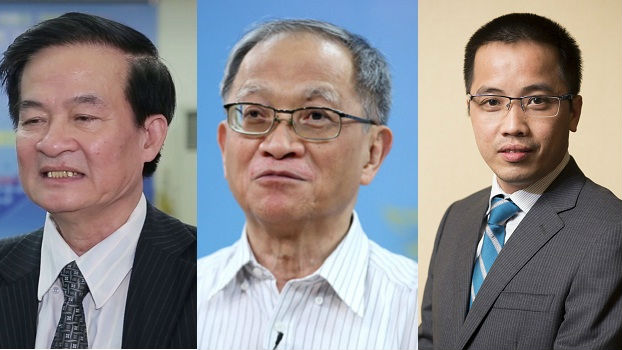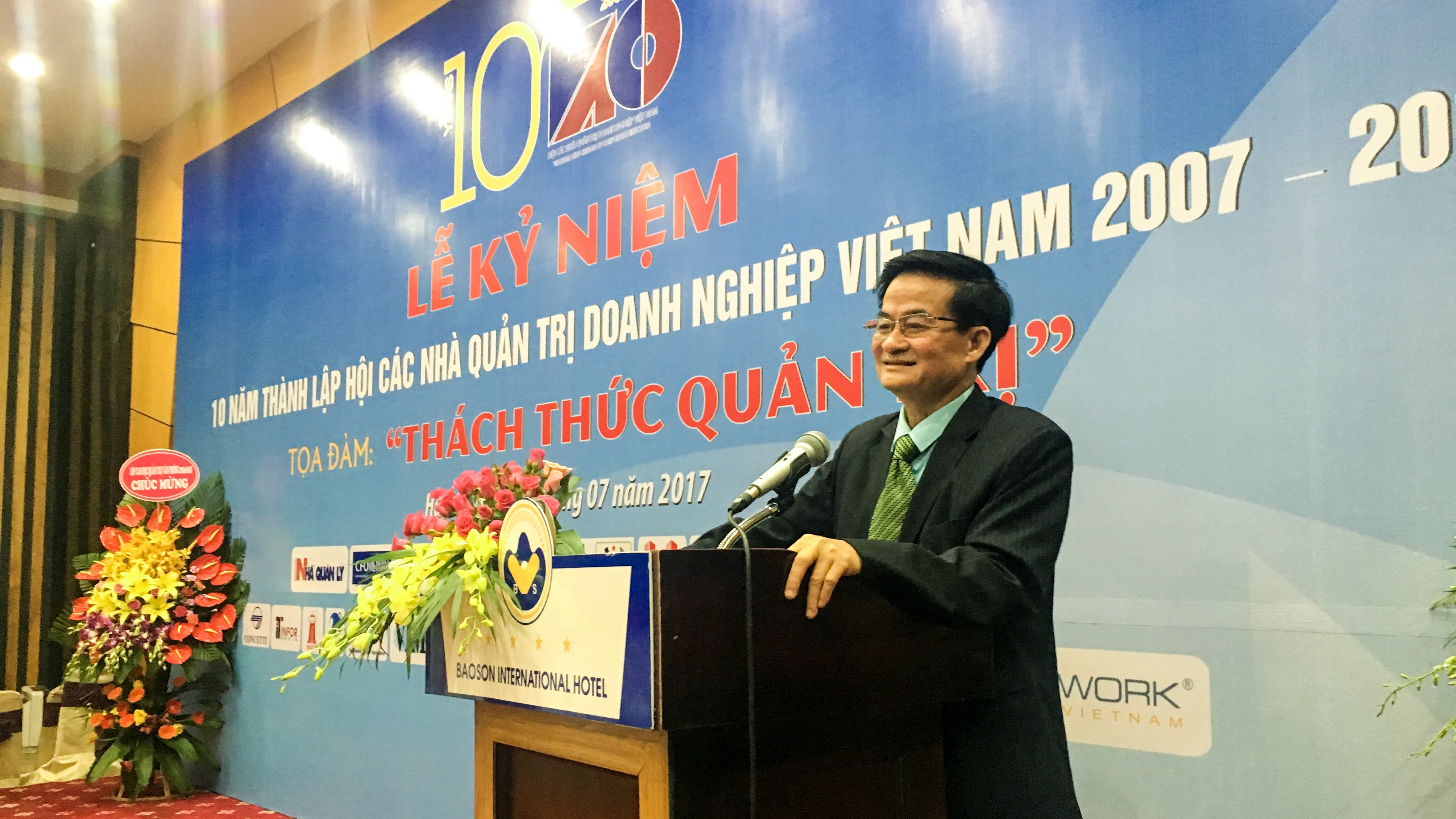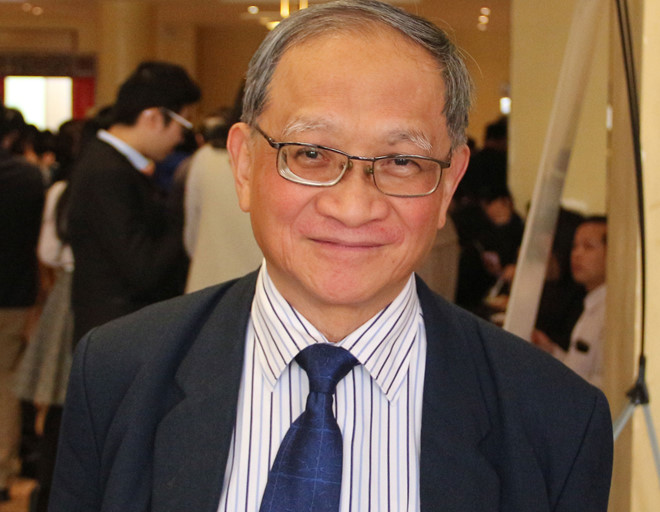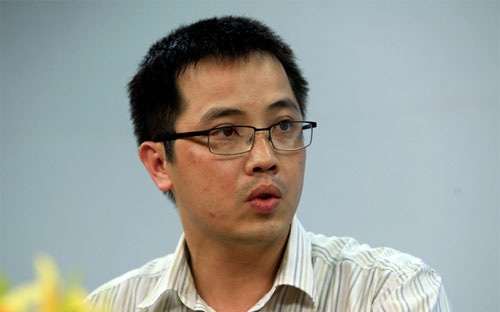When organic becomes an inspiring wellbeing lifestyle
For Tyna Huynh, co-founder of Drinkizz, organic is not just a food choice but a way of life that fosters a deep connection between people, nature and community.




The proposal to remove nearly 2,000 obstructive sub-licenses of the Ministry of Planning and Investment (MPI) will definitely encounter fierce opposition from the governing bodies which are using such procedures to earn palm-greasing money.

Business licenses have always been a burden on businesses. The struggle to abolish sub-licenses has lasted for decades but yet to show the expected results. After hundreds of sub-licenses have been removed, other types immediately appear. Gradually, it comes to the fact that the main reasons for this issue are the way of thinking "if I cannot control it, I might as well ban it" and the interest groups swaying the policy-making process.
In 2016, more than 3,000 out of 7,000 sub-licenses were eliminated. On August 22nd, the MPI proposed to the Government to remove 1,930 other business conditions. This is a significant event which shows the great determination of Vietnam’s Government to create a favourable business environment in the country.
On this occasion, the editorial board of TheLEADER ran a special feature on “Sub-licenses” with the comments of representatives from State management agencies, enterprises and economic experts.
According to a report by the MPI submitted to the Government at a policymaking meeting on August 22nd, the agency proposed to remove 1,930 obstructive business conditions.
TheLEADER noted the opinions of some economists on this issue:
(Dr Han Manh Tien, President of the Vietnam Association of Corporate Directors - VACD)

"The situation stems from the old way of thinking of the State management agencies. Besides, the procedures are closely related to the interest groups of many people.
Therefore, abolishing obstructive business conditions is not easy. The regulators should continue to review outdated policies and adopt more appropriate management approaches. Individuals and organisations that deliberately cause difficulties for enterprises should face strictly disciplinary actions."
(Dr Le Dang Doanh, former President of the Central Institute for Economic Management - CIEM)

"I am supportive of the MPI’s proposal. However, it will undoubtedly encounter fierce opposition from the governing bodies which are using such procedures to earn palm-greasing money.
Therefore, to put this proposal into operation, there must be intense involvement of relevant ministries and agencies. The Government should carefully monitor the operation of administrative procedures. Besides, the personnel should be retrained following the advancing and modern thinking.
Moreover, ministries and agencies need to adopt modern technology to improve the control of the procedure operation and save time and cost for enterprises."

(Mr Dau Anh Tuan, Director of Legal Department, Vietnam Chamber of Commerce and Industry - VCCI)
Currently, there are about 4,284 business conditions, according to a CIEM report, with 243 conditional investment businesses. The conditions have obstructed enterprises to enter and invest in the market and limited the number of newly registered companies. They also increase the production costs and reduce the profitability of businesses.
Therefore, the MPI's proposal to abolish nearly 2,000 sub-licenses may be considered as the critical activity in an effort of creating a favourable business environment.
However, to make it come true, there is still a long way to go. The State management agencies should re-evaluate the unsolved issues in administrative procedures. Thereby, proposals should be made according to the practical situation of enterprises.For Tyna Huynh, co-founder of Drinkizz, organic is not just a food choice but a way of life that fosters a deep connection between people, nature and community.
Embracing respectful workplaces could very well be the key to unlocking a more prosperous future for Vietnam's garment industry.
Vietnamese businesses have had a long journey with great achievements, and this path will continue and blossom in years to come.
While some jobs are expected to be replaced by emerging AI applications, the technology is broadly seen as a catalyst for positive transformation in the workforce.
The energy transition is bringing forth new challenges, particularly in refining financial systems.
Alex Hambly talks about investment opportunities in Vietnam following his appointment as chief investment officer (CIO) of VinaCapital.